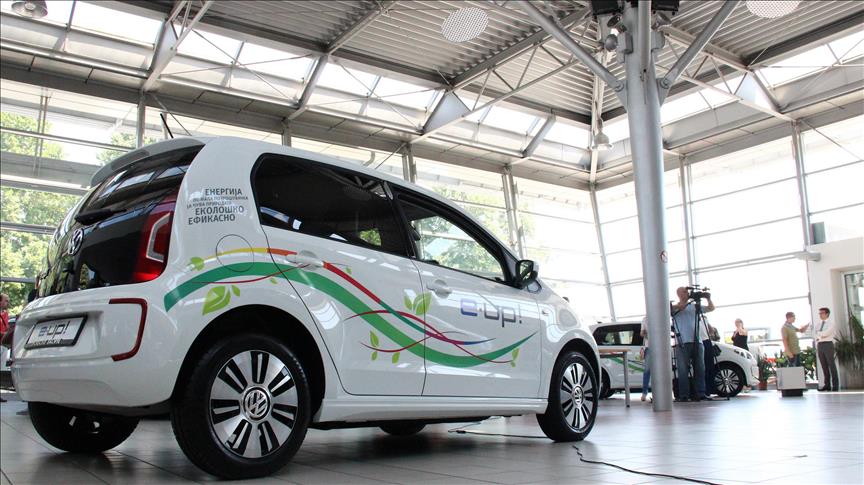EU countries with a GDP per capita below €29,000 have less than a 1% market share in electrically-chargeable vehicles (ECVs), the European Automobile Manufacturers Association (ACEA) announced on Thursday.
According to new data published by the ACEA that highlights the correlation between the affordability of electric cars and their market uptake, half of all EU member states have an ECV market share lower than 1%.
These include several southern countries like Spain, Italy and Greece – as well as Central and Eastern European countries, like Lithuania, Bulgaria and Slovakia.
'In Latvia, for instance, only 93 electric cars were sold last year. Poland has the lowest uptake of electric cars in the EU, with an ECV market share of just 0.2%,' the association said.
By contrast, an ECV share of above 3.5% only occurs in countries with a GDP of more than €42,000, like Finland, the Netherlands and Sweden, according to the data.
- Sales boost needed to reach CO2 targets
EU institutions recently approved new CO2 regulations for passenger cars setting reduction targets of 15% and 37.5% for the years 2025 and 2030, respectively, the ACEA explained.
'These targets will follow on from the target of 95g CO2/km for the year 2021, set in 2013,' the association explained.
Therefore, ACEA warned that sales of electric and other alternatively-powered cars will have to pick up strongly if these CO2 targets are to be achieved. Unfortunately, however, in 2018 only 2% of all new passenger cars registered throughout the EU were electrically chargeable.
ACEA noted that while most countries grant simple tax reductions or exemptions for electric cars, only 12 EU member states offer premiums or bonus payments to buyers of these vehicles.“Besides investing in charging infrastructure, governments across the EU need to put in place meaningful and sustainable incentives in order to encourage more consumers to make the switch to electric,” ACEA Secretary General Erik Jonnaert was quoted as saying.
Jonnaert asserted that people throughout the EU should be able to consider purchasing an electric vehicle – regardless of which country they live in – north or south, east or west.
'The affordability of the latest low- and zero-emission technologies needs to be addressed by governments as a matter of priority,” he underlined.
By Ebru Sengul
Anadolu Agency
energy@aa.com.tr


